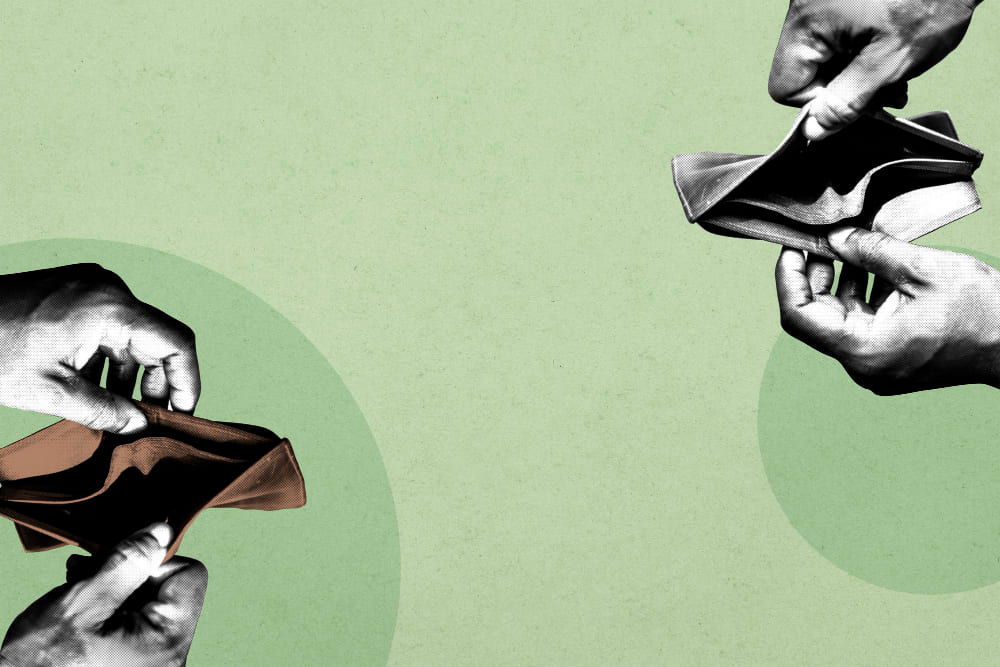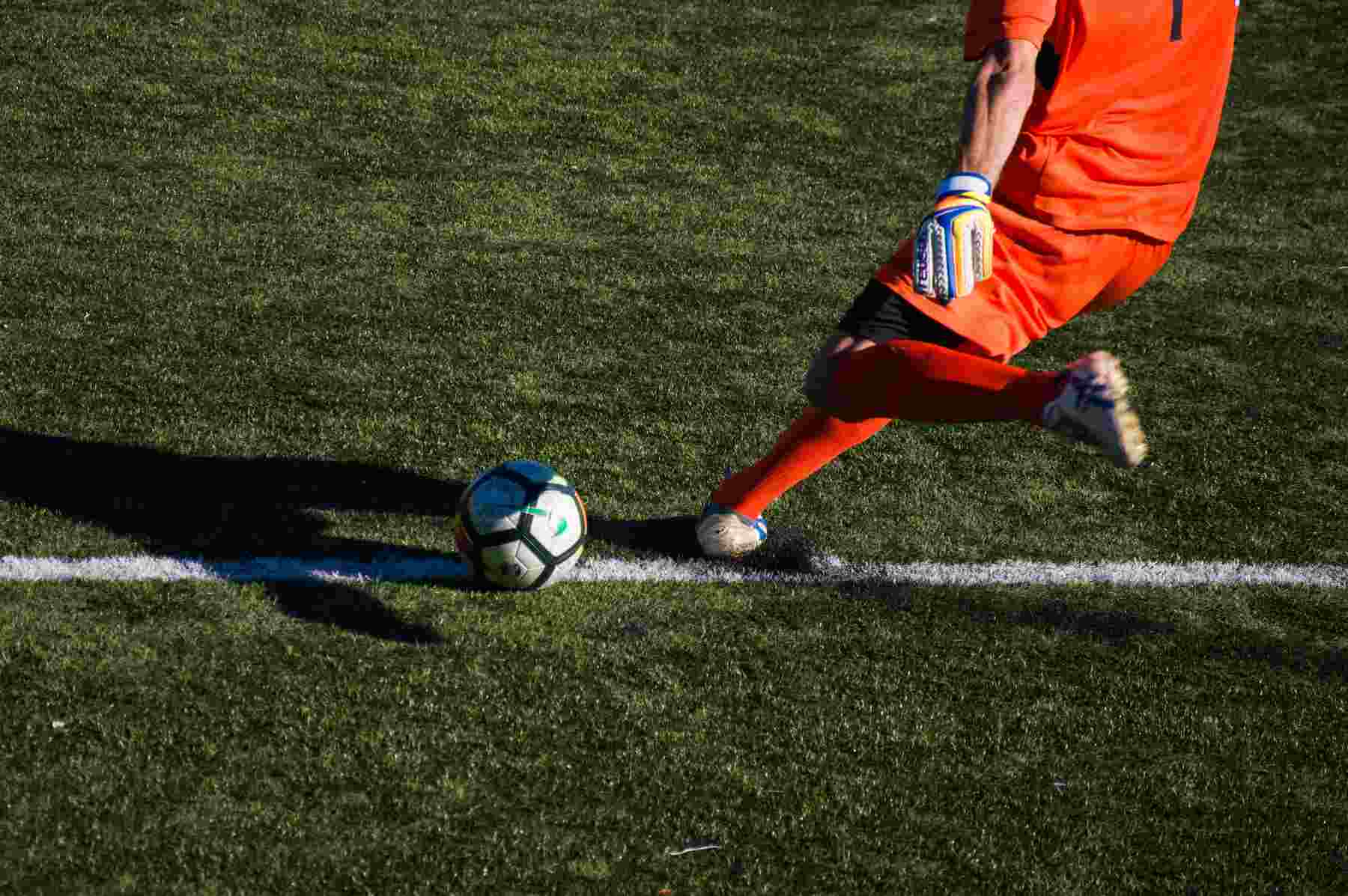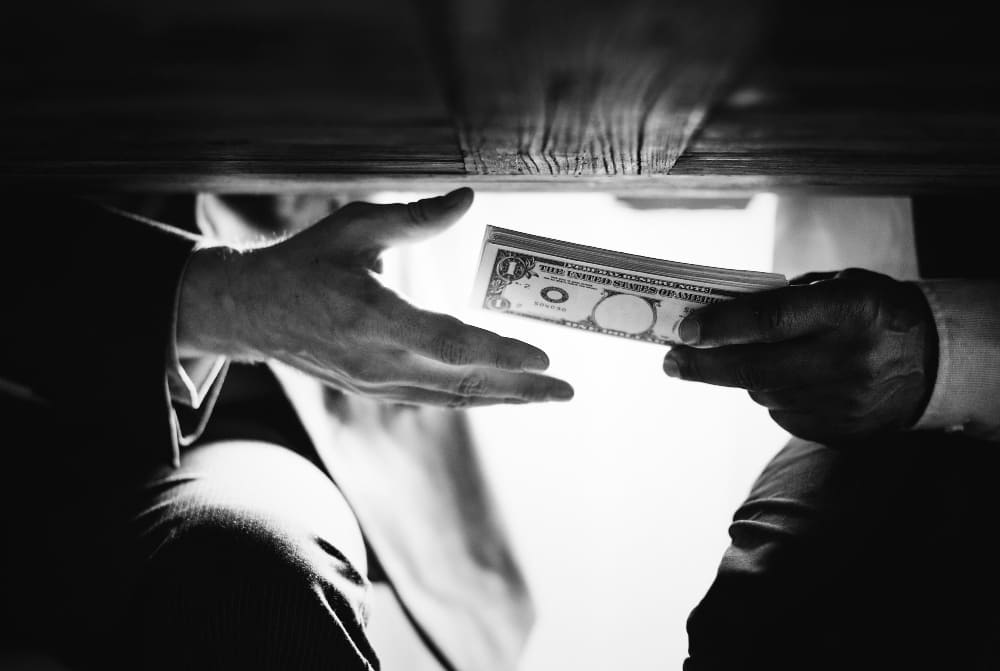Opinion: The rise in betting rates is causing discontent among operators.

On the last day of July 25th, the Lula Government surprised everyone by publishing MP 1182/2023, which brought about an unexpected increase in taxation. Initially, it was informed that the tax rate would be 16%, but to the surprise of many, the publication stated that it had been raised to 18%.
Fixed odds betting operators expressed displeasure with the surge, as they deemed the taxation rate excessively burdensome.
In addition to the 18% tax on Gross Gaming Revenue (GGR), companies are also required to pay other taxes based on the specific type of taxation they fall under. Such taxes encompass CSLL, IRPJ, PIS, COFINS, and ISS.
The operators' actual profit can be significantly reduced due to various costs such as licensing and administrative fees, in addition to the tax on GGR and corporate taxation. It is worth noting that the combined tax burden, whether imposed through the Presumed or Actual Profit system, can go up to 30%.
As a bettor, the way income tax is taxed doesn't change in practice. For earnings above the exemption limit, which is presently € 2,112.00, there is a 30% exclusive income tax deducted at source. Because it is exclusive at source, it won't be subjected to additional taxation in the Annual Adjustment Declaration (IRPF).
This Provisional Measure is already in effect, although it is important to mention that it will still undergo revisions as it is required to be later evaluated by the National Congress in order to officially become a law. To maintain its validity, the deadline for this procedure is set at a maximum of 120 days.
Sources:
Chamber News Agency
Law No. 13,756/18
MP nº 1182/23






